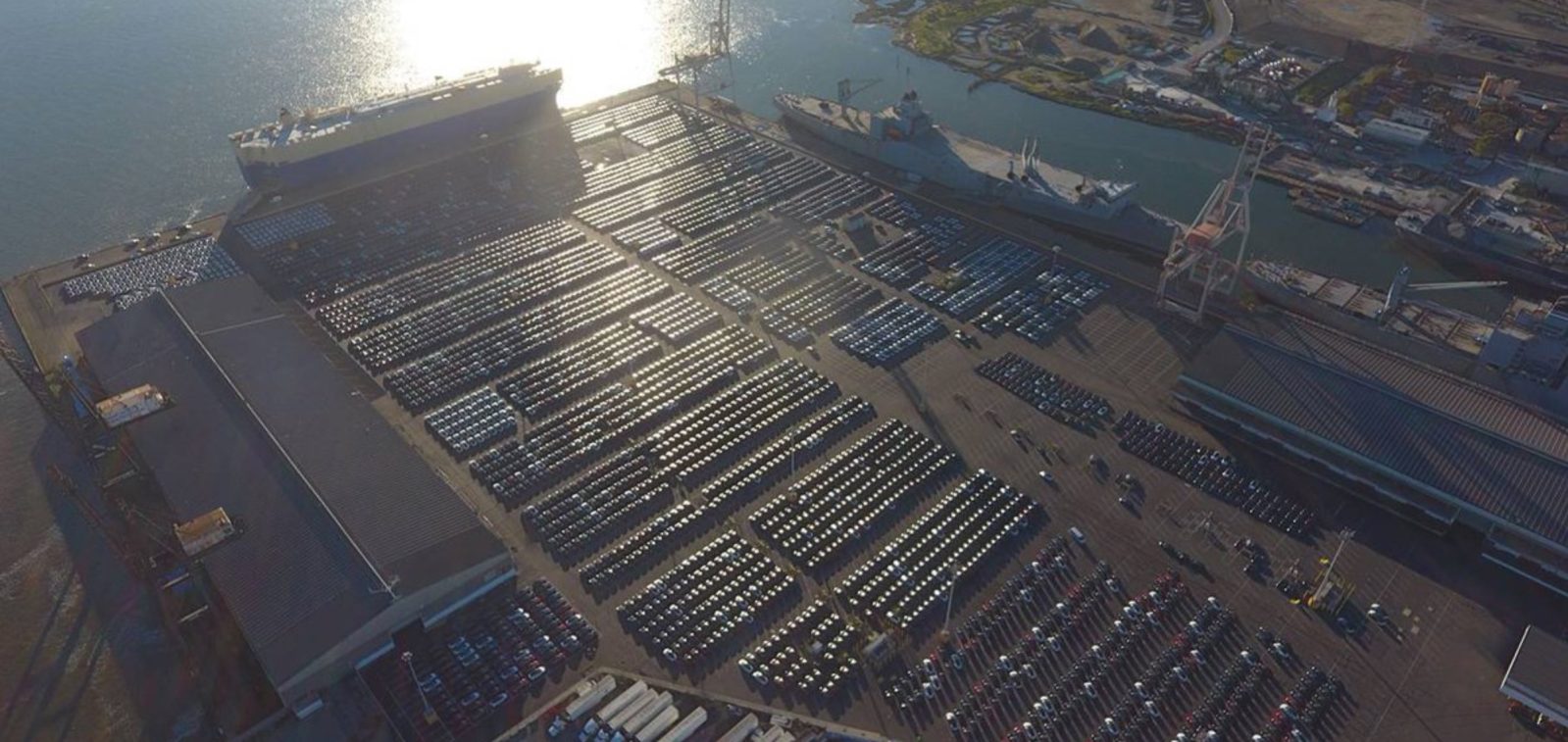
According to Reuters, Tesla will shut down its Berlin gigafactory for around two weeks, from January 29 to February 11, due to a scarcity of components as a result of a Red Sea blockade.
The Red Sea is home to vital maritime channels, notably those connecting Asia and the Mediterranean via Egypt's Suez Canal. The Canal handles approximately one-eighth of world trade and one-third of global container traffic, and it is especially significant for transportation between Asia and the Mediterranean.
We've heard of Red Sea supply interruptions before, but these are unlike anything we've seen before. Piracy was a major concern off the East African coast and in the Gulf of Aden, notably in Somalia, in the years around 2010, escalating during the Somali Civil War. However, Somali piracy has been mostly "solved" by international collaboration and action, and it no longer has a substantial influence.
Ships must pass via the Gulf of Aden and the Bab al-Mandeb Strait off the coast of Yemen to reach the Red Sea.
However, Yemen, one of the world's poorest countries, has been embroiled in a decade-long civil war, with the Saudi- and US-backed Yemeni government fighting an Iran-backed force known as the Houthis. The Houthis have announced a blockade of the Bab al-Mandeb strait in reaction to Israel's airstrikes on Gaza, indicating their intend to attack commercial ships heading into the Red Sea.
As a result, major shipping corporations have scrambled to reroute their routes around the Red Sea and Suez Canal. This entails diverting ships south to circumnavigate Africa, which is a far longer route than passing through Suez, adding thousands of miles and more than a week to journey time.
As a result, Tesla's delivery of vehicle parts to its Berlin manufacturing will be significantly delayed. Due to a lack of vehicle parts, the firm will suspend most automobile manufacturing beginning at the end of this month while it waits a few weeks for new vehicle parts to arrive.
Shipping firms have said that these interruptions are expected to persist for the foreseeable future, and they have recommended businesses to reconsider how they manage goods in the interim. For the same reason, other corporations have announced similar manufacturing interruptions.




0 Comments